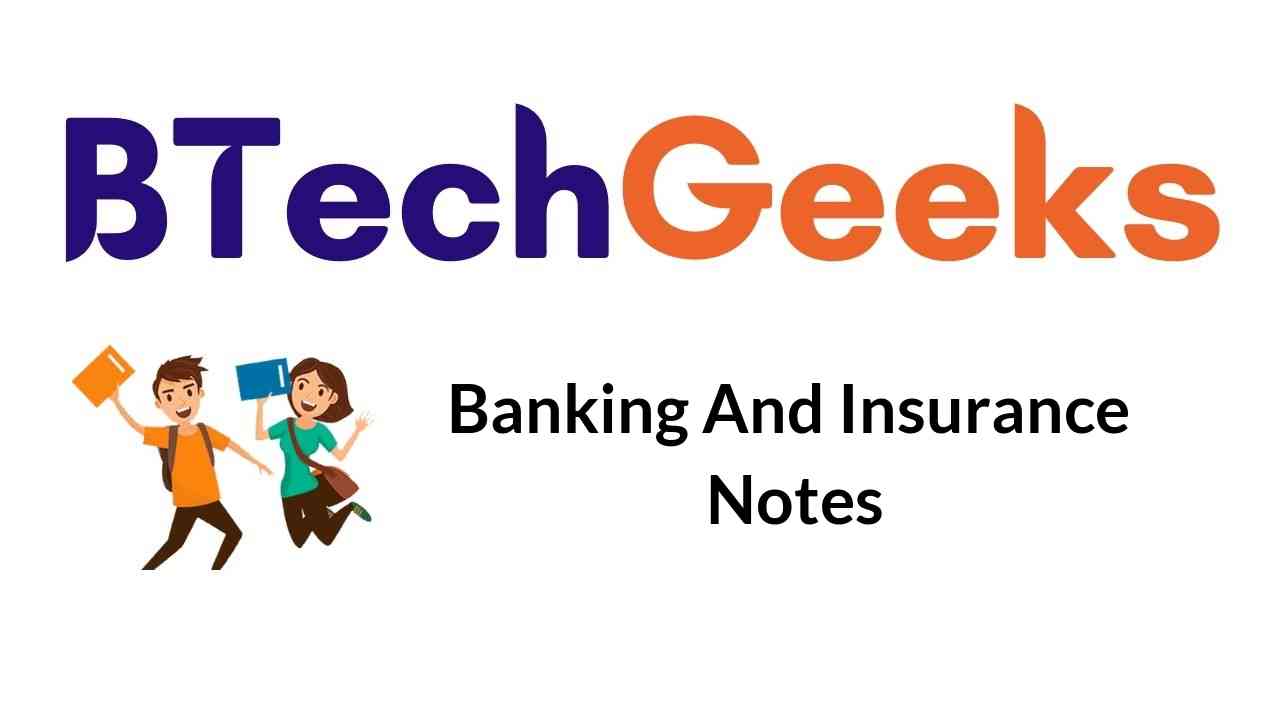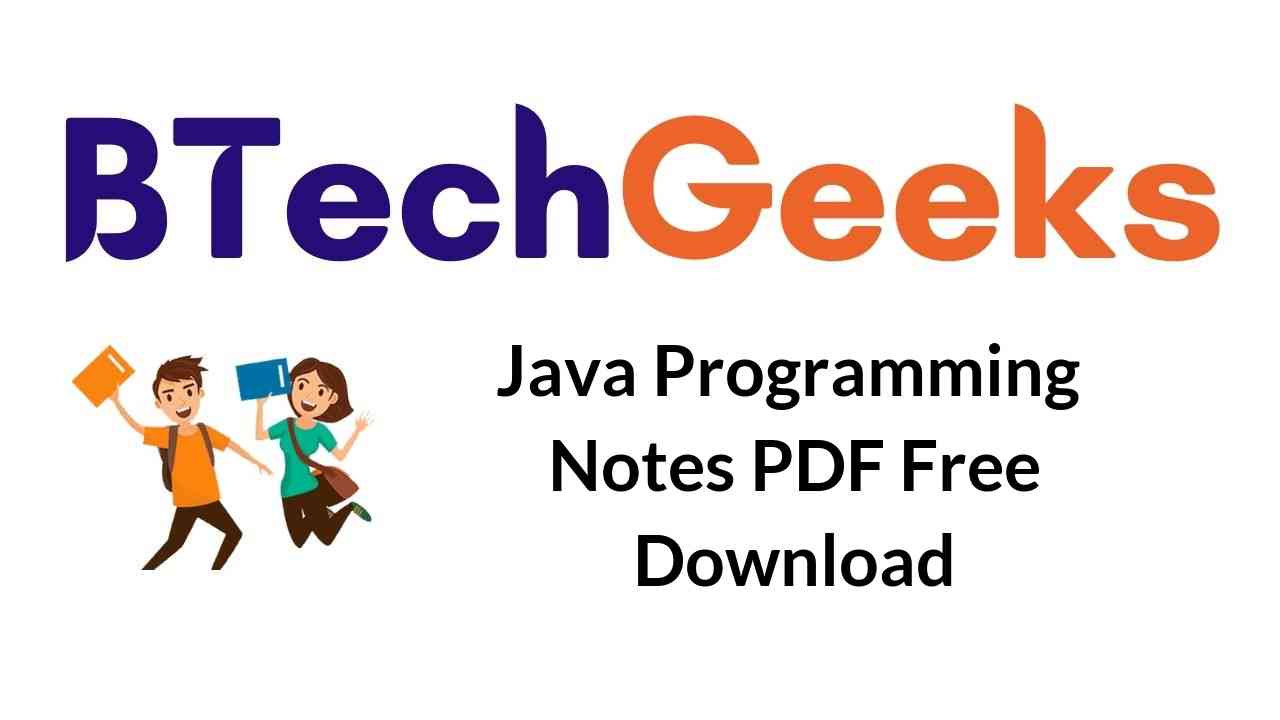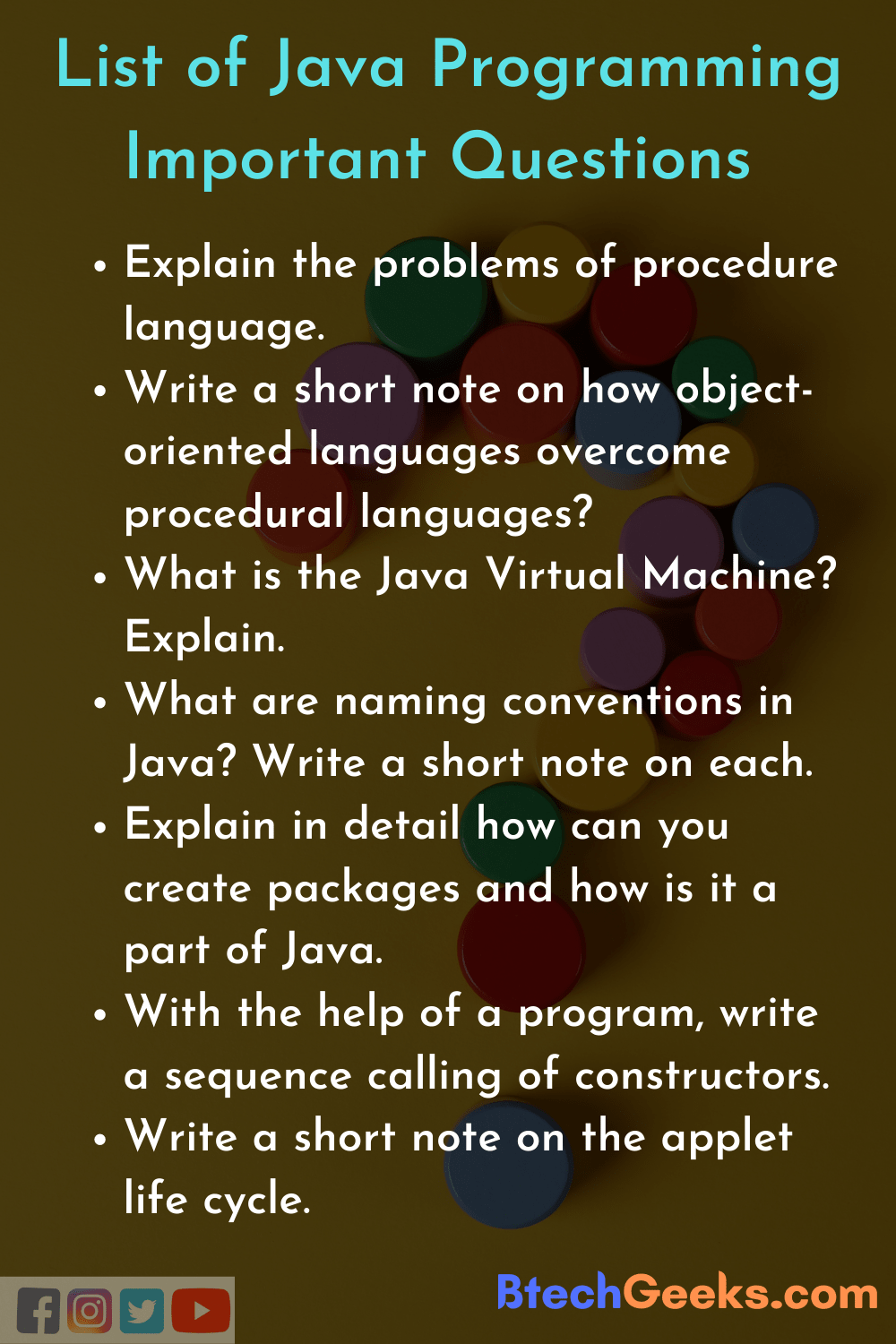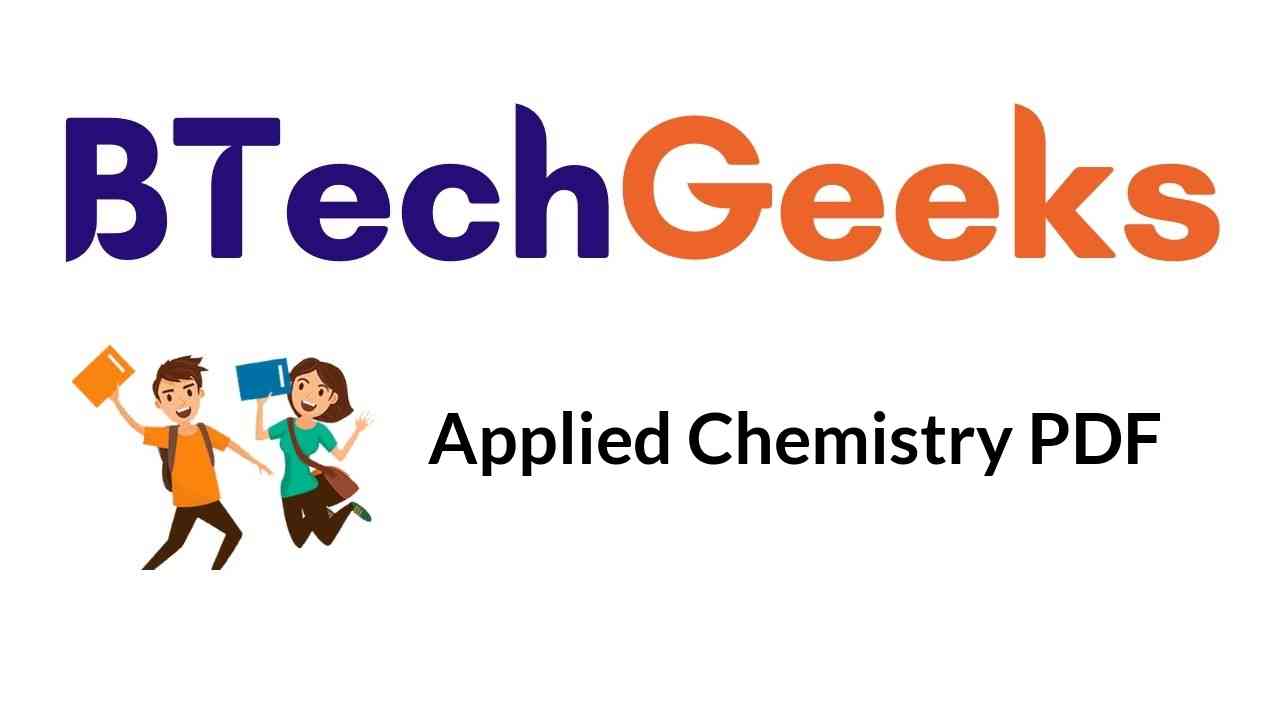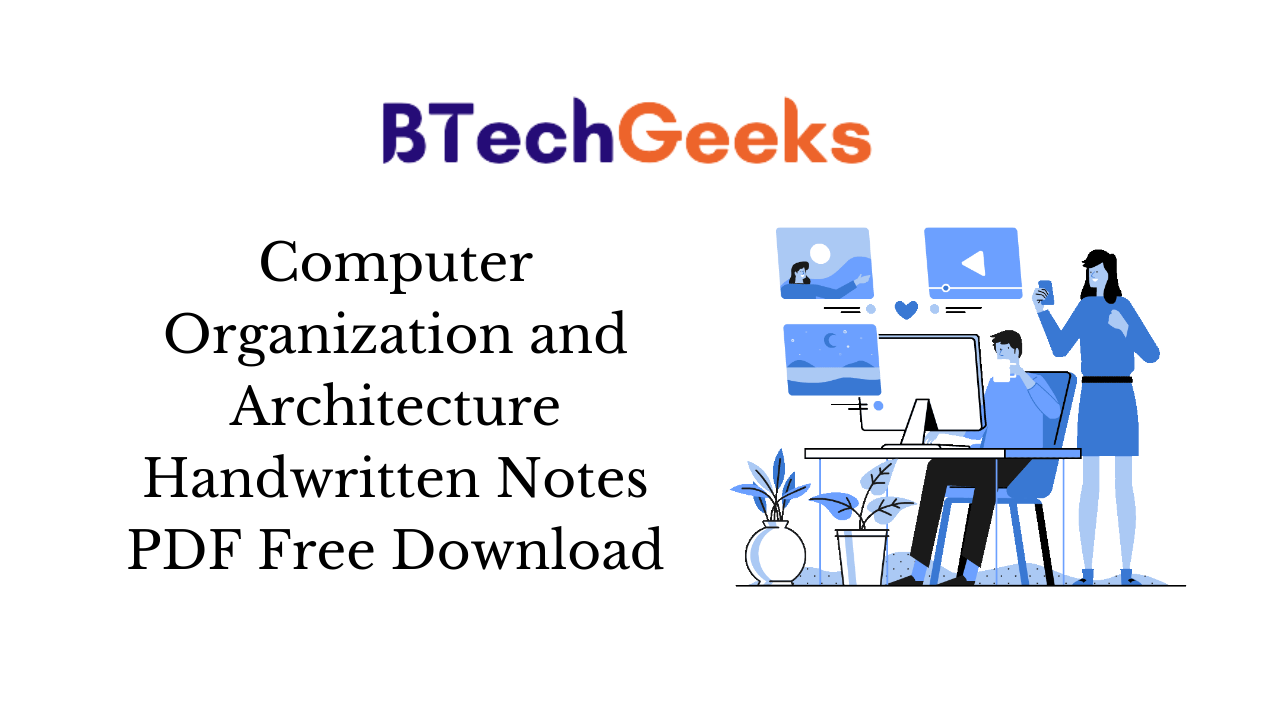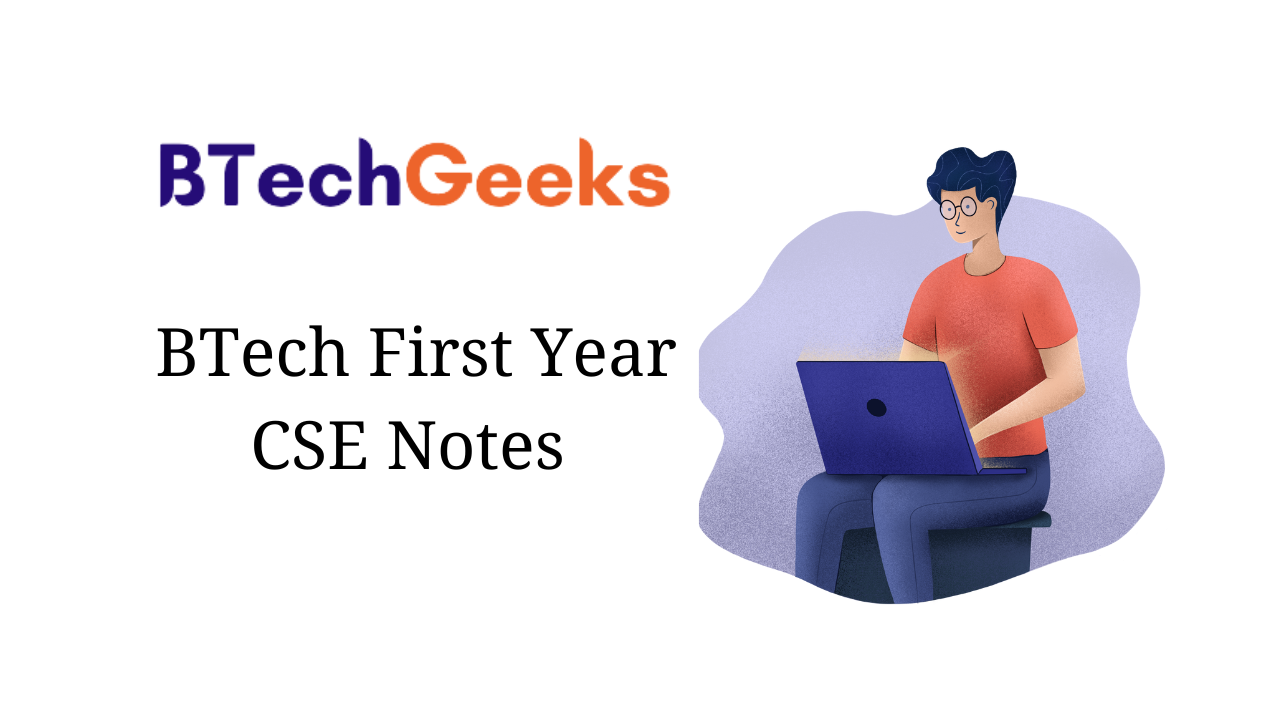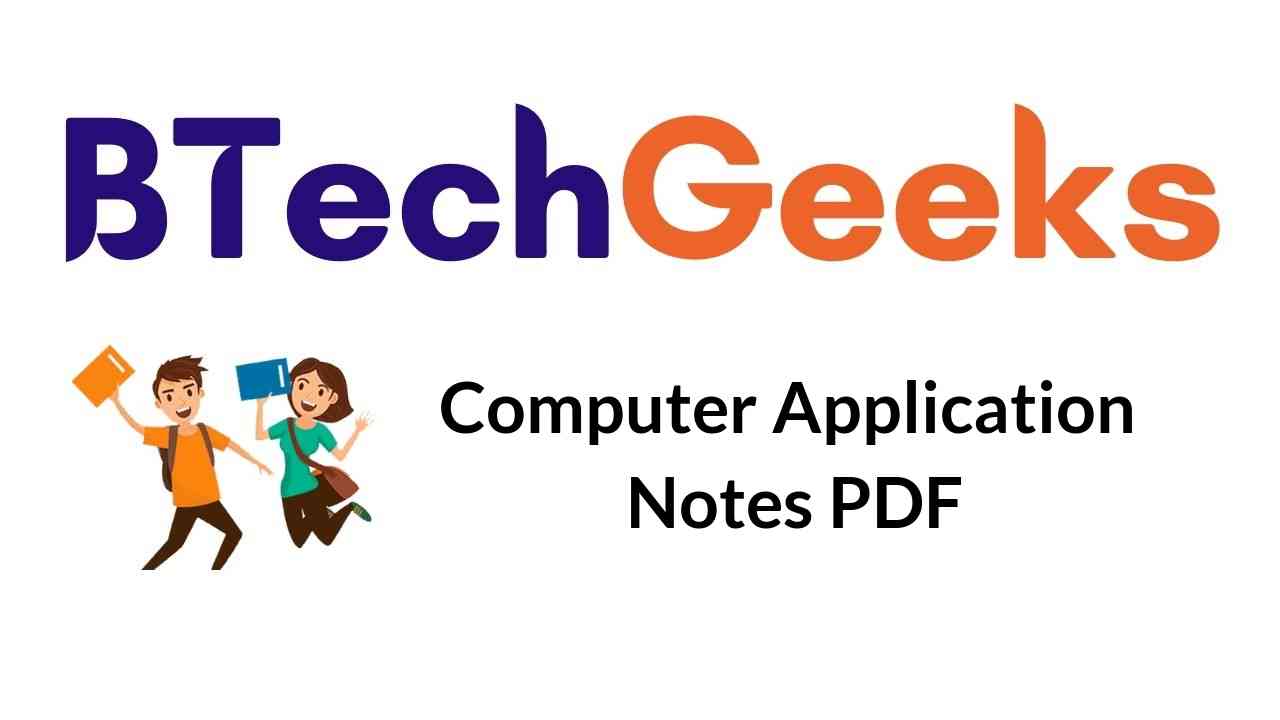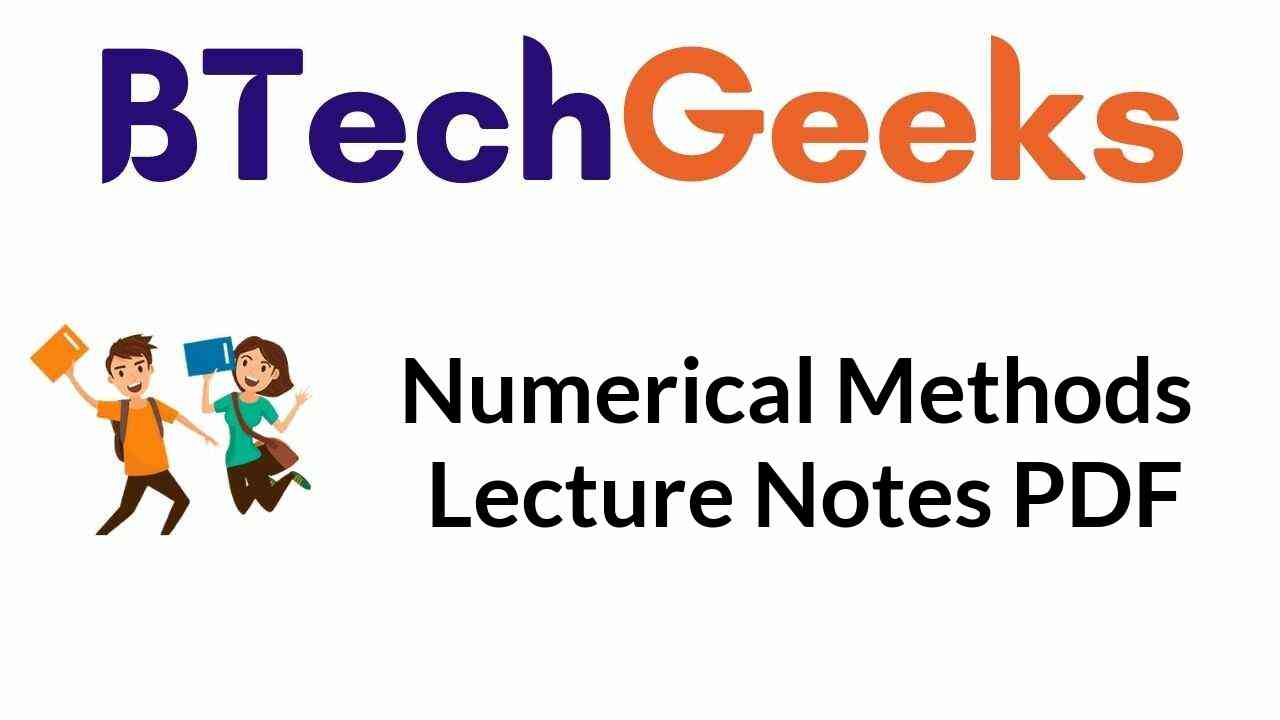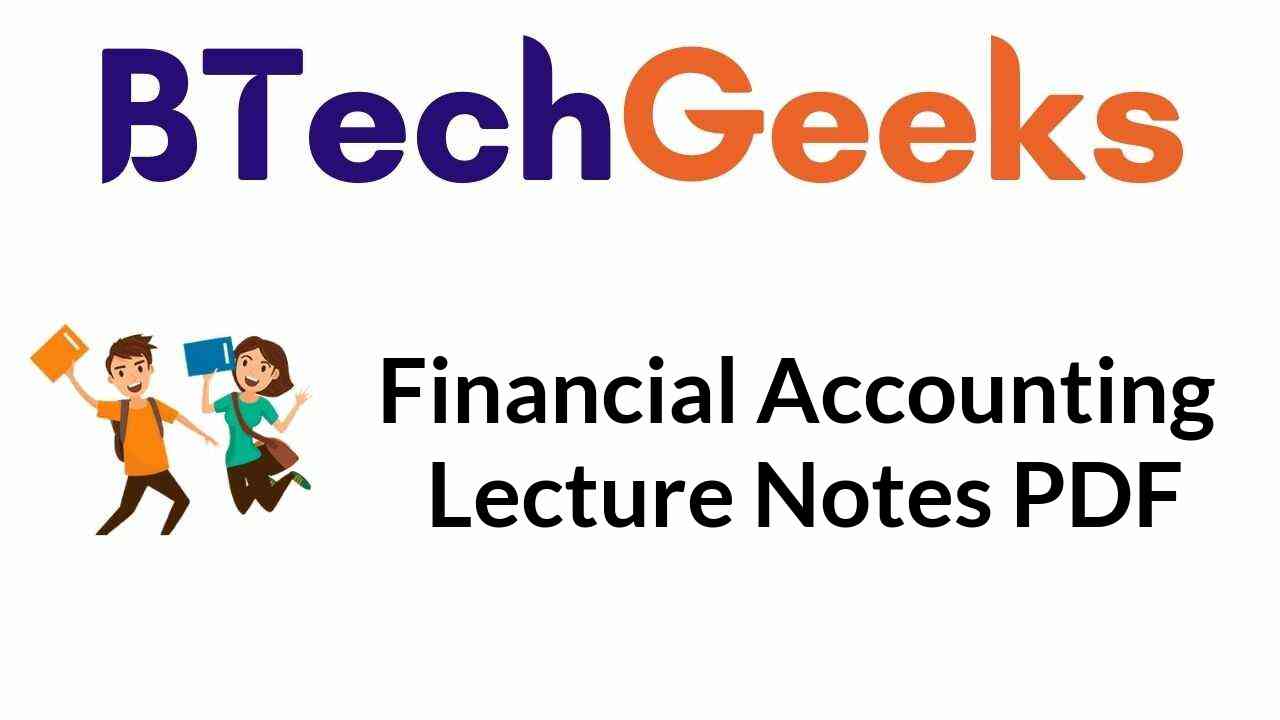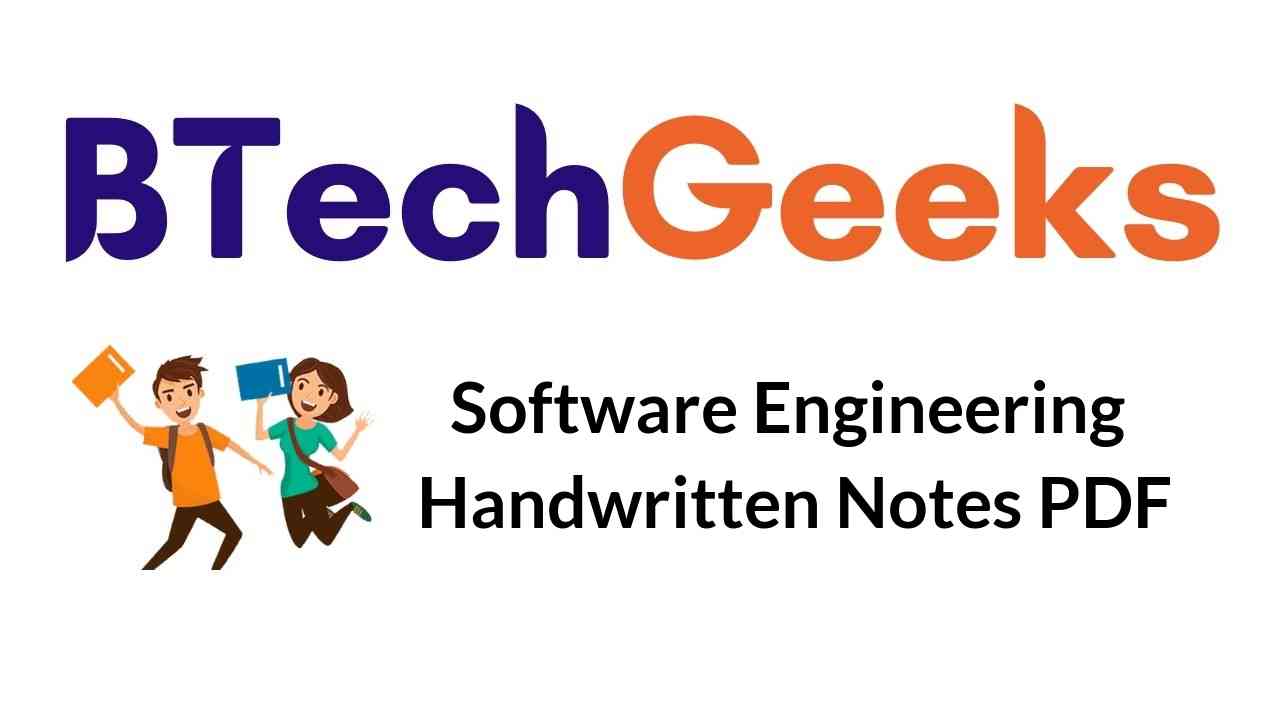Banking and Insurance Notes: Banking and Insurance is a financial industry that offers a wide range of financial services and products. In India, Banking and Insurance is a major sector with access to one of the largest and most stable global financial networks. Banks and insurance companies dominate the financial sector of India. Continuous urbanization and salary growth are creating a good market for the banking and insurance sector. A large number of salaried employees have at least one insurance. Most of the middle-class people are attracted to long-term investment in banks. Recent schemes of government helped many poor people to open an account in the bank. Over time, banks and insurance companies have become an important part of our lives. The number of vacancies in banks and insurance companies has also increased due to the popularity of them. If you are doing a banking and insurance course, you will get complete details about the study materials in this article.
Students can also visit Department Wise Lecture Notes for Preparation.
- Banking and Insurance Notes and Study Material PDF Free Download
- Banking and Insurance Reference Books
- Banking and Insurance Curriculum
- List of Banking and Insurance Important questions
- FAQs on Banking and Insurance Notes
- Conclusion
Introduction to Banking and Insurance Notes
The banking and insurance sector has great value in developing and less-developed countries. It is a popular sector because millions of Indians are employed in this sector. Different types of positions are available in the banking and insurance sector. So, many students do the course on banking and insurance to get a job in this sector. This sector is growing with rising per capita income. Students after completing banking and insurance course can get some good jobs in respectable positions. If you are also interested in joining this growing sector and confused about preparing, read this article properly to get all study-related suggestions.
Banking and Insurance Notes and Study Material PDF Free Download
Both graduates and postgraduates study banking and Insurance. The post may vary depending on your degree and skills. However, to start a career in the banking and insurance industry, you must know about the sector. Banking and insurance courses give you an idea about the sector. If you plan to do a course on banking and insurance, you can find the right study material through this article. We have made a list of some important study materials on banking and insurance.
Banking and Insurance notes pdfs of different universities are:
- Banking And Insurance Op Agarwal Pdf
- Banking And Insurance Textbook Pdf Mg University
- Banking And Insurance Notes Pdf Mg University
- Banking And Insurance Mg University Pdf
- Banking And Insurance O.P. Agarwal Pdf
Banking and Insurance notes pdfs for B.com students are:
- Banking And Insurance Book For B Com Pdf
- Banking And Insurance B.Com 1st Year Pdf
- Banking And Insurance B.Com 2nd Year Book Pdf
- Banking And Insurance Bcom 1st Year
- Banking And Insurance B.Com Pdf
- Insurance Notes For B.Com Pdf
- Banking And Insurance Book Pdf
- Banking And Insurance 4th Sem Pdf
- Banking And Insurance Notes Ppt
General notes and pdfs are:
- Banking And Insurance Notes
- Banking And Insurance Notes Pdf
- Banking And Insurance Short Notes Pdf
- Banking And Insurance Textbook Pdf
- Banking And Insurance Book Pdf Download
Banking and Insurance notes in Hindi language:
- Banking And Insurance Notes In Hindi Pdf
- Banking And Insurance Book For B Com Pdf In Hindi
- Banking And Insurance Book Pdf In Hindi
| Banking and Insurance textbook | Download |
| Banking and Insurance note & Study material | Download |
| Banking and Insurance MBA operations. | Download |
| Introduction to insurance and banking ppt | Download |
Banking and Insurance Reference Books
It is very important to choose the right set of books for banking and insurance studies. The sector is very popular, so a lot of books are available on the market. We have made a list of some well-written reference books on banking and insurance.
- Banking and Insurance by Neelam C. Gulati
- Banking and Insurance by O.P. Agarwal
- Banking and Insurance by Jyoti Prakash Rath
- Elements of Banking and Insurance by Jyotsna Sethi & Nishwan Bhatia
- Banking and Insurance by E. Gordon & P.K. Gupta
- Financial Services by Dr. C. Satyadevi
- Banking and Insurance by Dr. Sunil Kumar
- N R Mohan Prakash’s Banking, Risk, and Insurance Management
- Principles of Banking and Insurance by Dr. Biswa Mohana Jena
- Banking and Insurance Management by Adam Lerwick
- Management of Banking and Insurance Service by B. S. Raman & H. Ravi Singh
Banking and Insurance Curriculum
Before starting the course on banking and insurance, you must know the syllabus. It is essential to understand the syllabus. The syllabus of banking and insurance varies depending on the type of course and institution. However, the basic structure of the syllabus remains the same. In this article, you will get to know about the necessary details taught in banking and insurance.
| Financial Accounting I | Financial Accounting II |
| Principles and practice of Banking I | Insurance law and Practice |
| Business management | Principles and Practices of Banking II |
| Principles of Insurance
Physical Education |
Financial Mathematics |
| Value Education | Environmental Studies |
| Company Accounts I | Company Accounts II |
| Business Economics | Services Marketing |
| Legal Regulatory Aspects of Banking I | Legal Regulatory Aspects of Banking II |
| Financial management | E-Commerce & E-Business |
| Workshop on Numerical skills | Workshop on Reasoning Skills |
| Campus Recruitment Training I | Campus Recruitment Training II |
| Non-Major Elective | Non-Major Elective |
| – | Institutional Training |
| Income Tax | Management Accounting |
| Cost Accounting | Auditing |
| Financial Statistics | Business Communication |
| Business Environment | Project |
| Campus Recruitment Training III | – |
List of Banking and Insurance Important Questions
- What is the full form of ULIP?
- How much capital is required for a general insurance company in India to commence its operations in India?
- Name the only reinsurance company in India?
- What are the functions of IRDA?
- Which insurance policy gives users the facility of both investment and insurance?
- Give a brief note on NABARD.
- Which was the parent company of New India Assurance?
- What is the full form of CSDL? When did it start its operations in India?
- Give a brief description of demonetization in India.
- Name five general insurance companies in India.
FAQs on Banking and Insurance Notes
Question 1. Name five important books on banking and insurance.
Answer:
Some important books on banking and insurance are Banking and Insurance by Neelam C. Gulati, Banking and Insurance by O.P. Agarwal, Banking, and Insurance by Jyoti Prakash Rath, Elements of Banking and Insurance by Jyotsna Sethi & Nishwan Bhatia, and Banking and Insurance by E. Gordon & P.K. Gupta.
Question 2. What are banking and insurance?
Answer:
Banking and Insurance is a financial industry that offers a wide range of financial services and products. In India, Banking and Insurance is a major sector with access to one of the largest and most stable global financial networks.
Question 3. How is the market of banking and insurance in India?
Answer:
In India, Banking and Insurance is a major sector with access to one of the largest and most stable global financial networks. Banks and insurance companies dominate the financial sector of India.
Question 4. What are the types of insurance companies?
Answer:
Insurance companies are called either stock or mutual. It depends on the ownership structure of the insurance company.
Conclusion
The information provided above regarding the syllabus and study materials for banking and insurance will help you prepare. If you have any other questions regarding banking and insurance study materials, please let us know in the comment section.

